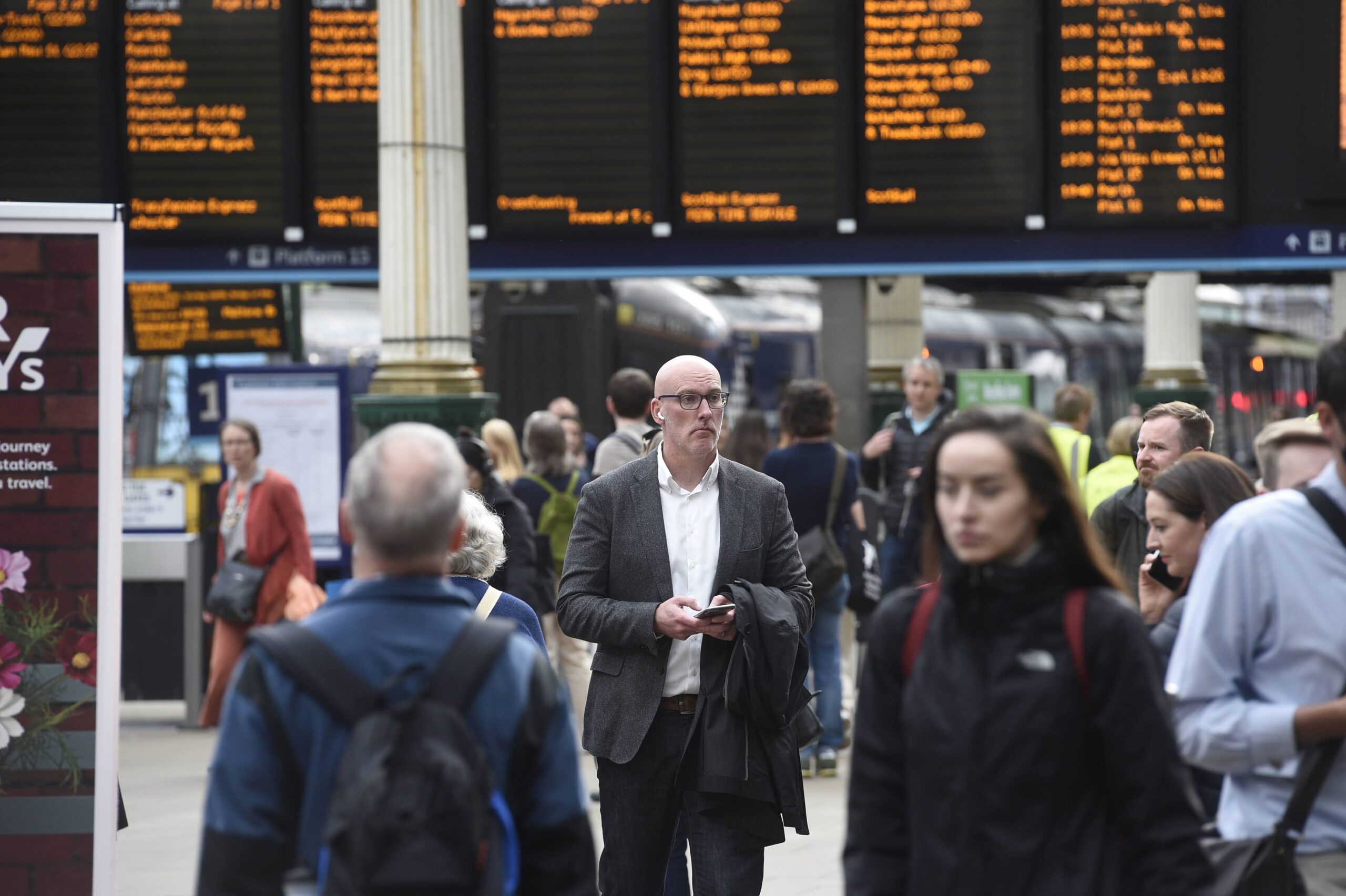
Are we there yet? Helping transport users to make sustainable travel choices
14 January 2021
“I think that far too many people are using cars for journeys which could easily be done by public transport. Of course, during Covid, it’s understandable, but hopefully this will be short term and I would very much like car ownership to be not such a necessary thing in people’s eyes in rural areas.” Male, 60, Wales, rail passenger
When you’re thinking about how to travel, how much do you think about the environment?
The Government has said that it wants to speed up the cut in carbon emissions. Sales of new petrol and diesel cars will end by 2030. With this in mind, we wanted to get the views of transport users. Do such things affect their day-to-day transport choices and what might they consider for their future travel needs?
“I think we have already started to see action from the government in the form of banning sales of petrol cars in the next ten years; some might say it’s not enough but I’d rather it be slow than nothing at all. There’s loads more that can be done.” Male, 42, South East, road user
Covid-19 has unsurprisingly been top of mind for those in our transport community, with staying fit and healthy the first mantra at the moment. Some have switched from public transport to cars because they feel it is safer and say this is a priority over sustainability and environmental concerns. While many feel the need to use cars right now, in light of the current pandemic, there is clearly an appetite to switch to more sustainable travel in the future.
“It’s very important to me. I’ve seen changes in the weather patterns during my lifetime and the conditions that future generations will live in are very important to me.” Female, 57, North West, road user
Many transport users said sustainability issues were high on their list of priorities. A lot of them are already choosing to make sustainable choices in other aspects of their lives, such as choosing plant-based diets, recycling and environmental volunteering.
While the switch to low and zero emission vehicles is important and understood, this cannot be the answer on its own. People recognise that increasing congestion remains an issue.
“Clearly no matter how economical or fuel-efficient the car, more traffic means more pollution. I suppose the only way around that would possibly be to subsidise public transport more or nationalise. It’s insane, the cost of rail fares in the UK.” Male, 37, South East, road user
What’s clear from our communities is that people need and want help to choose to travel sustainably. They believe more needs to be done to encourage any sort of sustainable mode shift. Although they are still quite uncertain about who is ‘in charge’ of sustainable travel on roads, users want a range of incentives to make the swich to electric vehicles or bicycles. This could include direct grants, tax relief and more cycle lanes and vehicle charging facilities.
“They should provide incentives for people to use sustainable choices, whether that’s tax relief or some kind of discount.” Male, 32, West Midlands, road user
To get people back on public transport post–pandemic, operators will need to promote their services and offer something to attract their previous customers who will have got used to the cost and convenience of using their cars.
“The government could address this issue by promoting public transport: having offers on fares, decreasing fares, increasing the frequency of services, making information on how buses/other public transport facilities are staying COVID secure public and easily accessible.” Female, York and Humber, 24, bus passenger



